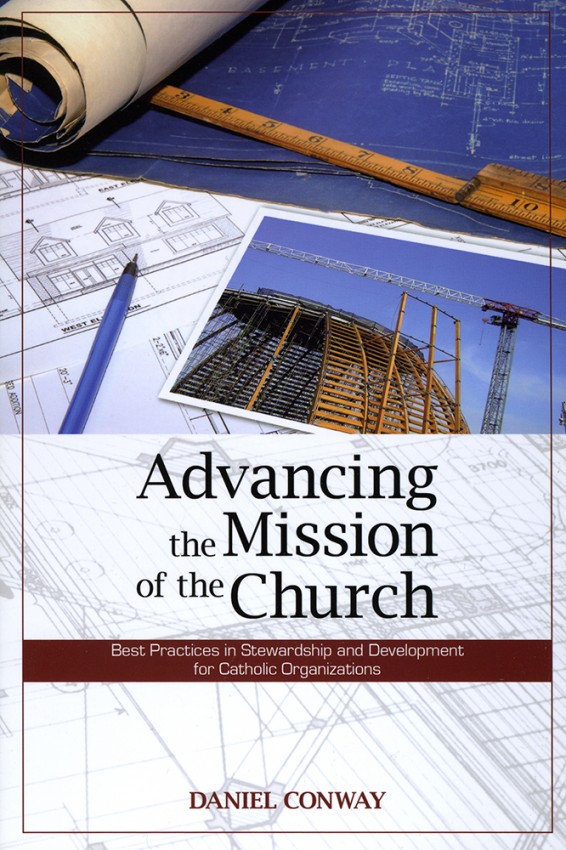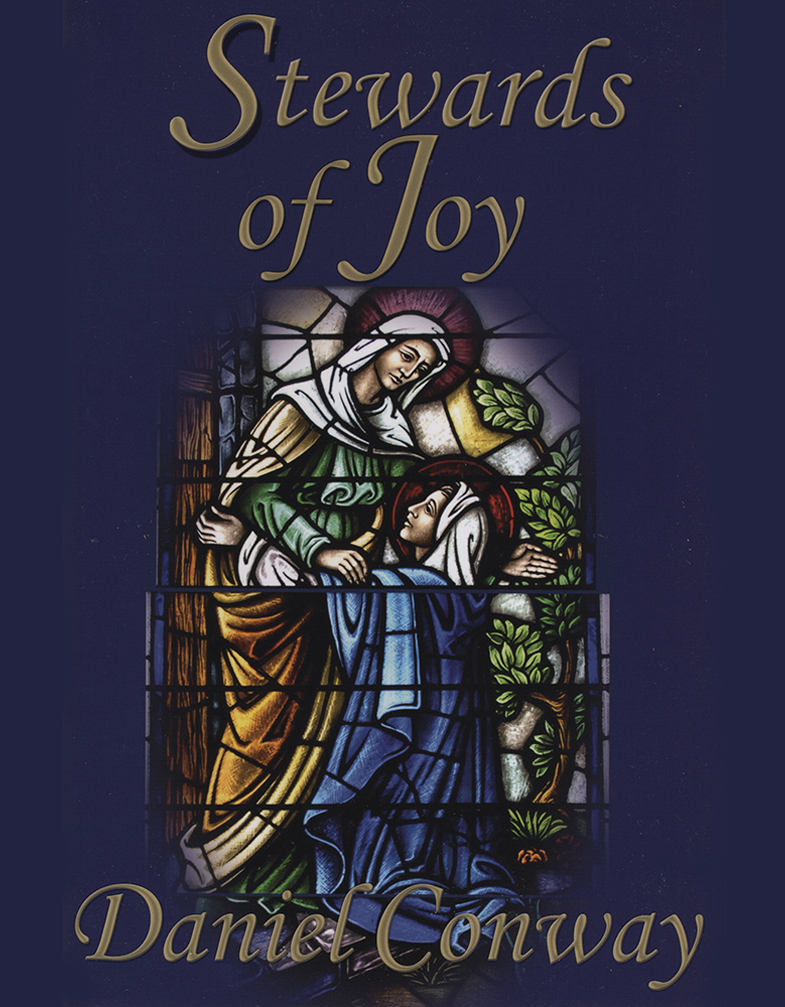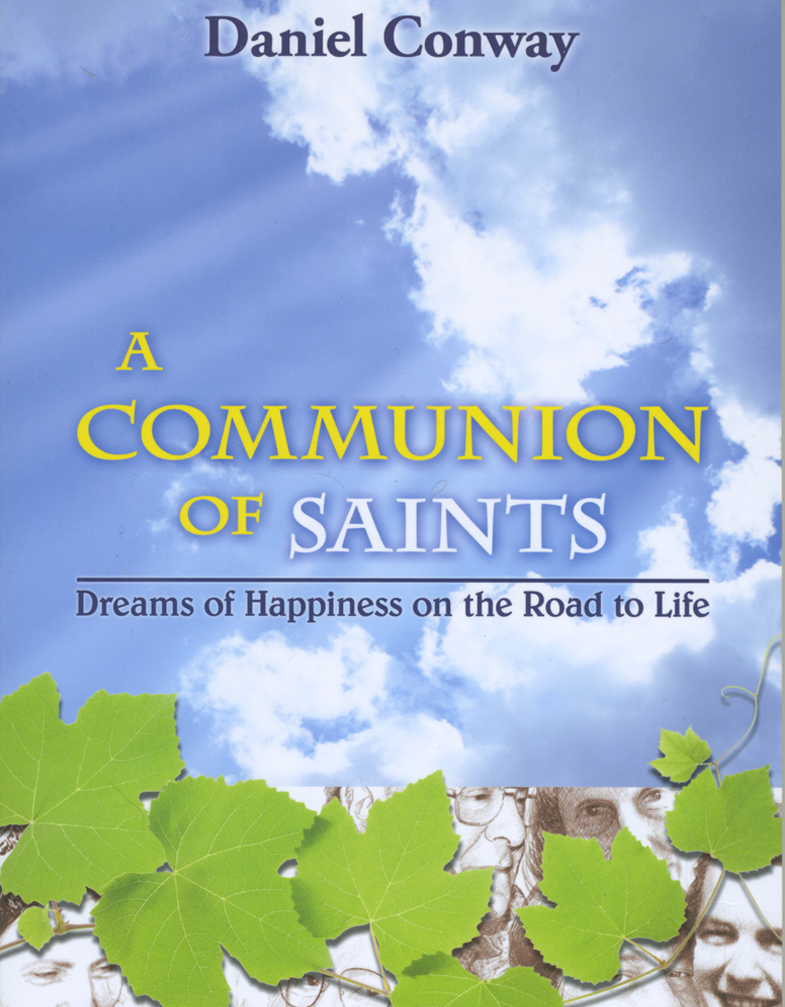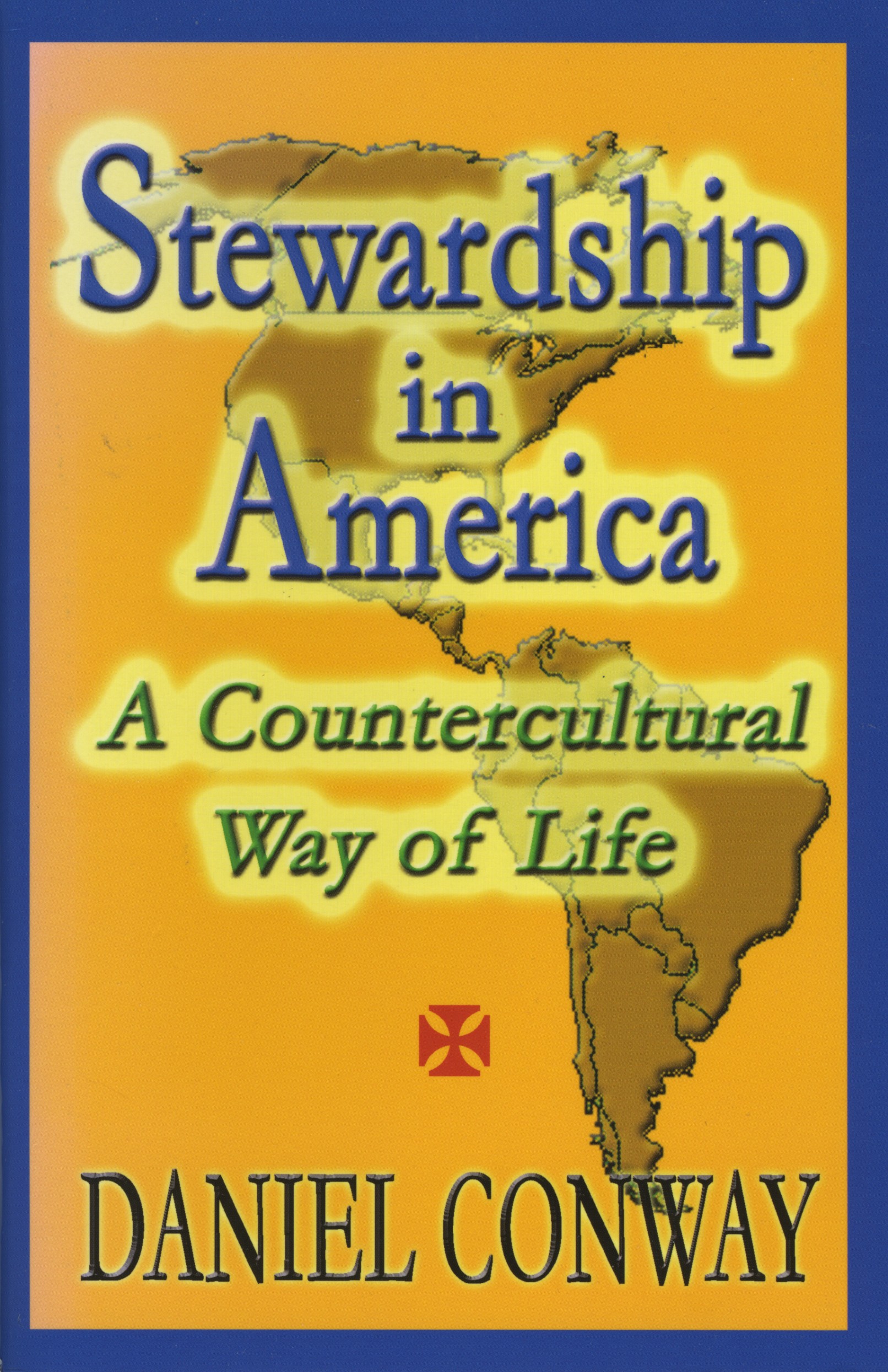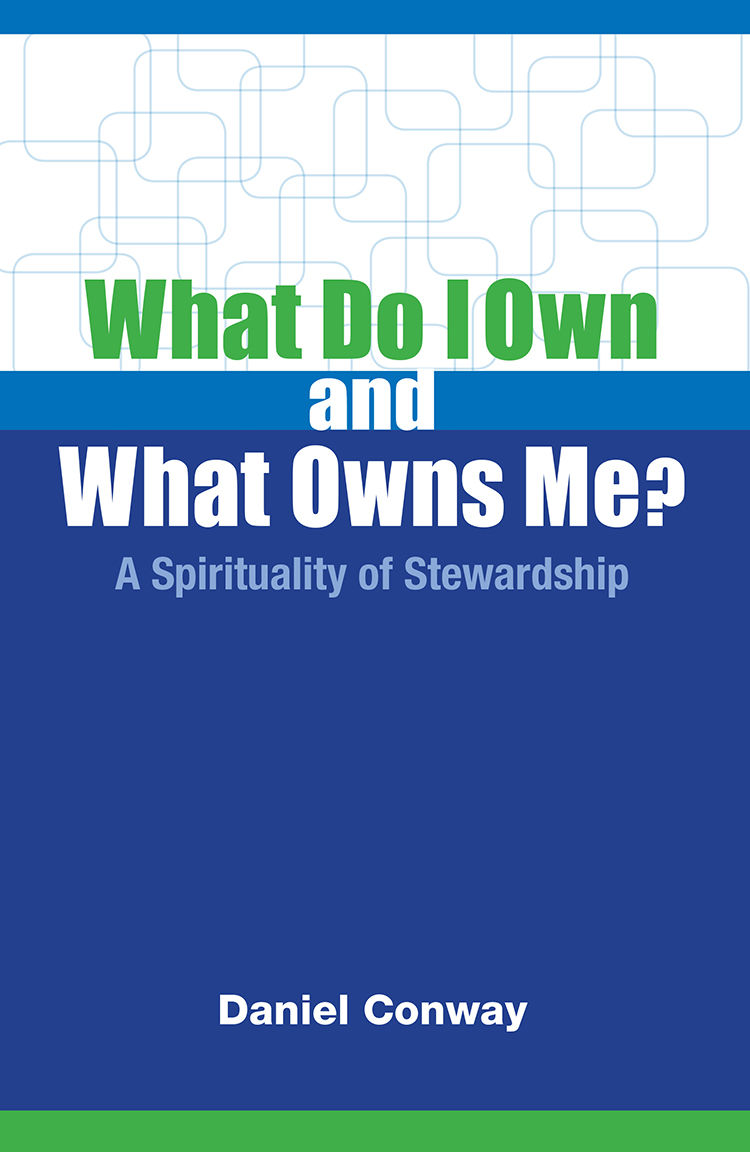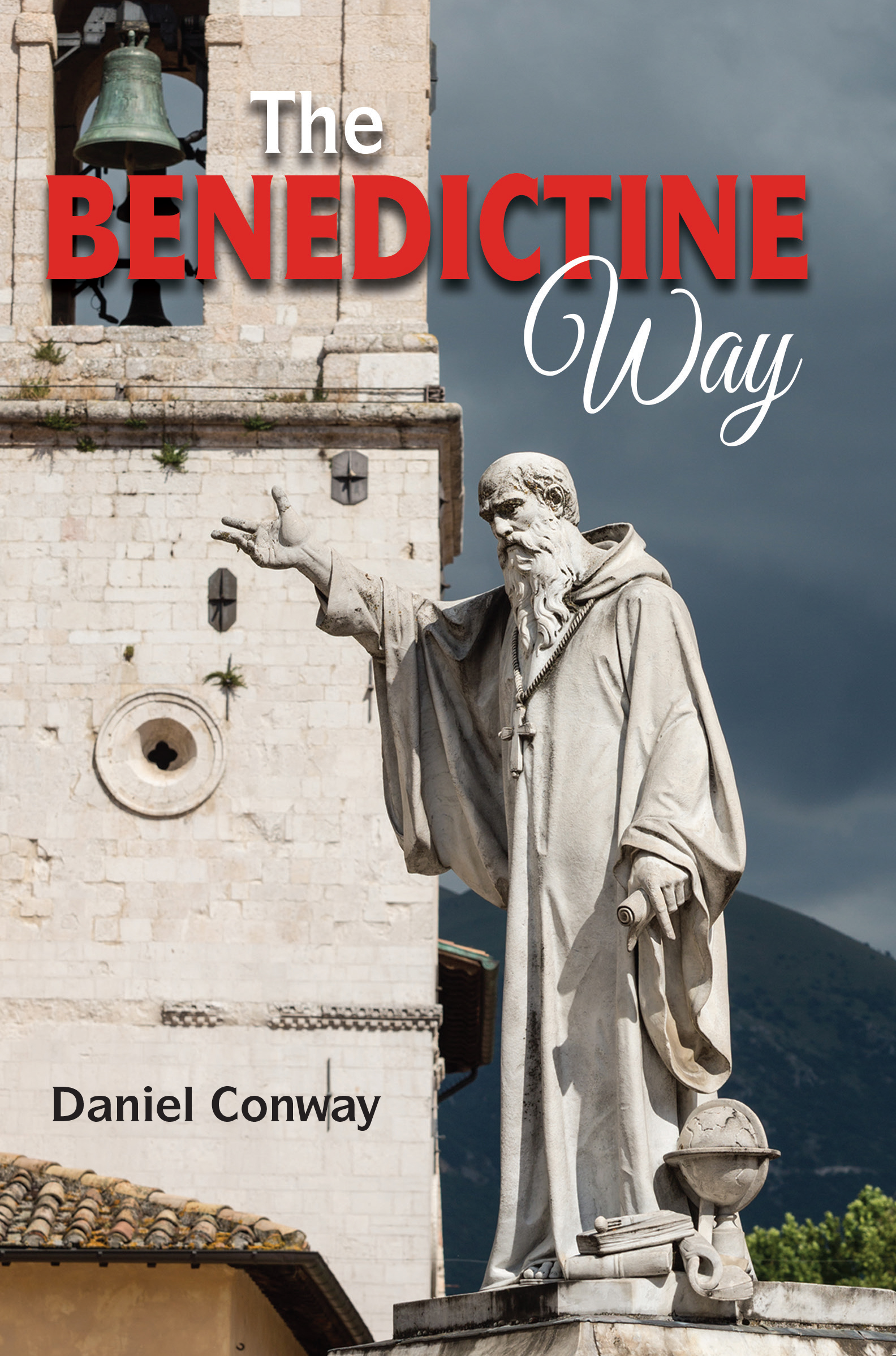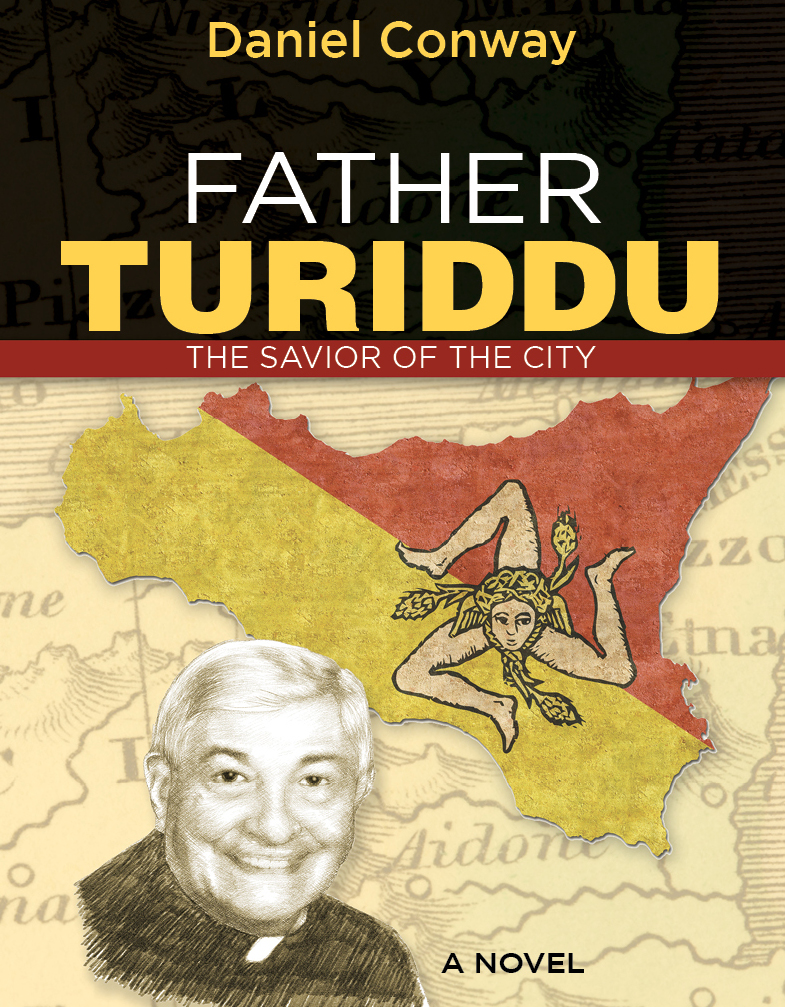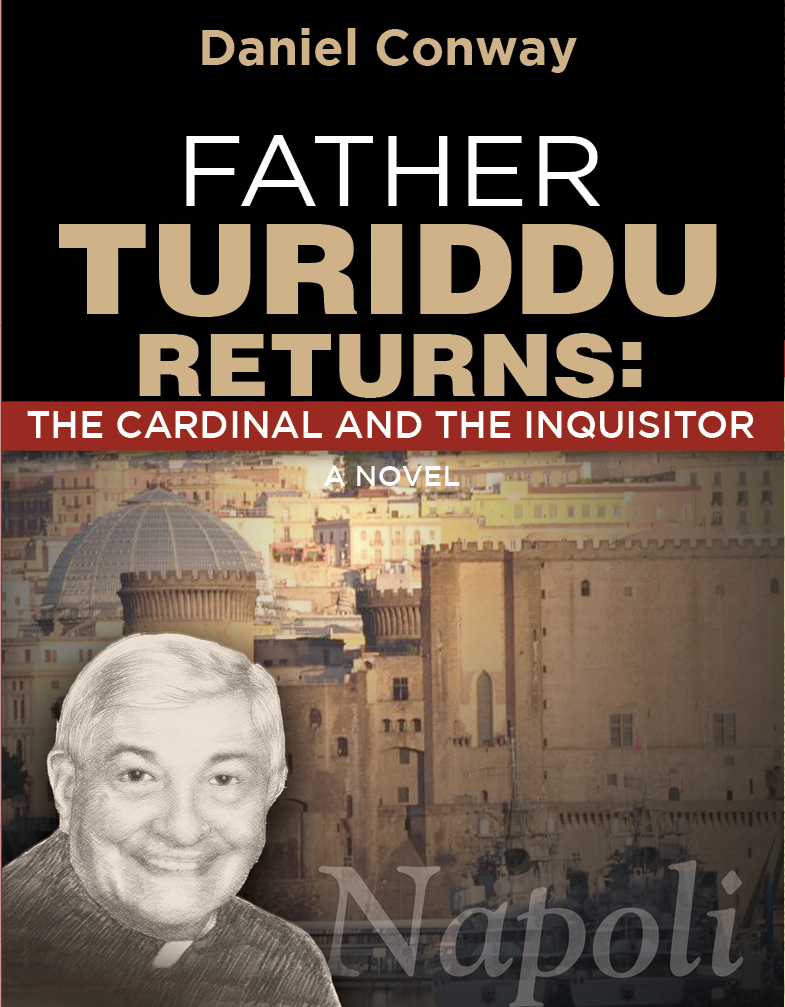It’s too early to evaluate the impact of Pope Francis on the Church or the world. He’s not even been pope for a year!
But there’s no question that Pope Francis has had an impact. Ask anyone what they think about the new pope. Many will say, “I really like him!” Some will say, “I like what he says, but I’m worried that he’s moving too fast.” Some will express reservations or concerns about various aspects of his pastoral approach. A few people may say outright that they dislike Pope Francis, but the fact remains: He’s hard not to like!
A recent statement by our new Holy Father sums up the message he’s been delivering since he became Bishop of Rome last March: “Christians who are afraid to build bridges and prefer to build walls are not sure of their faith, not sure of Jesus Christ.” Building bridges is the work of evangelization, the work of going out to the whole world to proclaim the Good News of our salvation in Jesus Christ. Building walls is what fearful, insecure people do to protect what they have and keep others out.
Pope Francis wants to build bridges that everyone can cross. He is especially conscious of the poor and those who have been marginalized, social outcasts kept on the fringes of society. Like his namesake, St. Francis of Assisi, the Holy Father wants to open his arms and embrace modern day lepers. And he wants all of us, the Church, to do the same.
In his recent apostolic exhortation, Evangelii Gaudium (The Joy of the Gospel), Pope Francis invites (and challenges) all of us to move beyond our “comfort zones.” He wants us to be warm, welcoming and forgiving when we are inclined to be stand-offish. This should not be surprising. It’s the way St. Francis lived his life, the way he chose to model the teaching and example of Jesus Christ. Pope Francis wants us to eat with tax collectors and sinners; he wants is to forgive the woman caught in adultery (while admonishing her to sin no more); he wants us to welcome and respect foreigners (even our enemies), and, above all, not to judge others.
None of this is new. It’s the Gospel message. It’s been the teaching and practice of our Church for 2000 years. But of course, it’s not always been emphasized the way Pope Francis does it. The Holy Father knows that none of us lives the Christian life perfectly, including the pope who describes himself first and foremost as “a sinner.” All of us—regardless of who we are or what we do—need to be reminded that as disciples of Jesus Christ we are called to build bridges not walls.
New York Cardinal Timothy M. Dolan has offered a wonderful image for our most recent popes. He said that Blessed John Paul II, the philosopher, spoke to the soul (the human spirit), Pope Emeritus Benedict XVI, the teacher, spoke to the mind (our understanding of the faith), and that Pope Francis, the pastor, speaks to theheart (the way we live as Christians). Of course, this is an oversimplification of the ministry and teaching of all three popes, but it does call attention to the unique gifts of these three popes and the marvelous ways that we have all been blessed by their leadership and service as the successors of St. Peter, the Vicar of Christ.
Pope Francis says that he “longs for a Church that is poor and for the poor.” He also said that he chose the name Francis because the saint from Assisi chose to be poor, to be a man of peace and to proclaim from the mountaintops his love for all God’s creation. This is not the easiest way to be pope (or to follow Jesus). It’s not easy to move beyond our comfort zones, to enter by the narrow gate or to take up our crosses and follow Him.
It’s OK if we stumble and fall, Pope Francis says. God always forgives us. He gives us the grace to get back on our feet and continue on our pilgrim journey. It’s OK to be a sinner who seeks God’s forgiveness and who tries and fails and tries again.
Our Church, all of us, has been greatly blessed by the ministry of popes who can speak to our souls, our minds and our hearts. We should thank God for St. Peter’s successors (and pray for them). May they inspire us to build bridges and to tear down the walls that separate us from each other and from our merciful God.
Copyright © 2014, Daniel Conway Permission is given to copy and distribute this Good Steward Newsletter for use in religious or educational settings provided that proper attribution is given to the author. This publication may not be sold or distributed to the general public without the express permission of the author.

